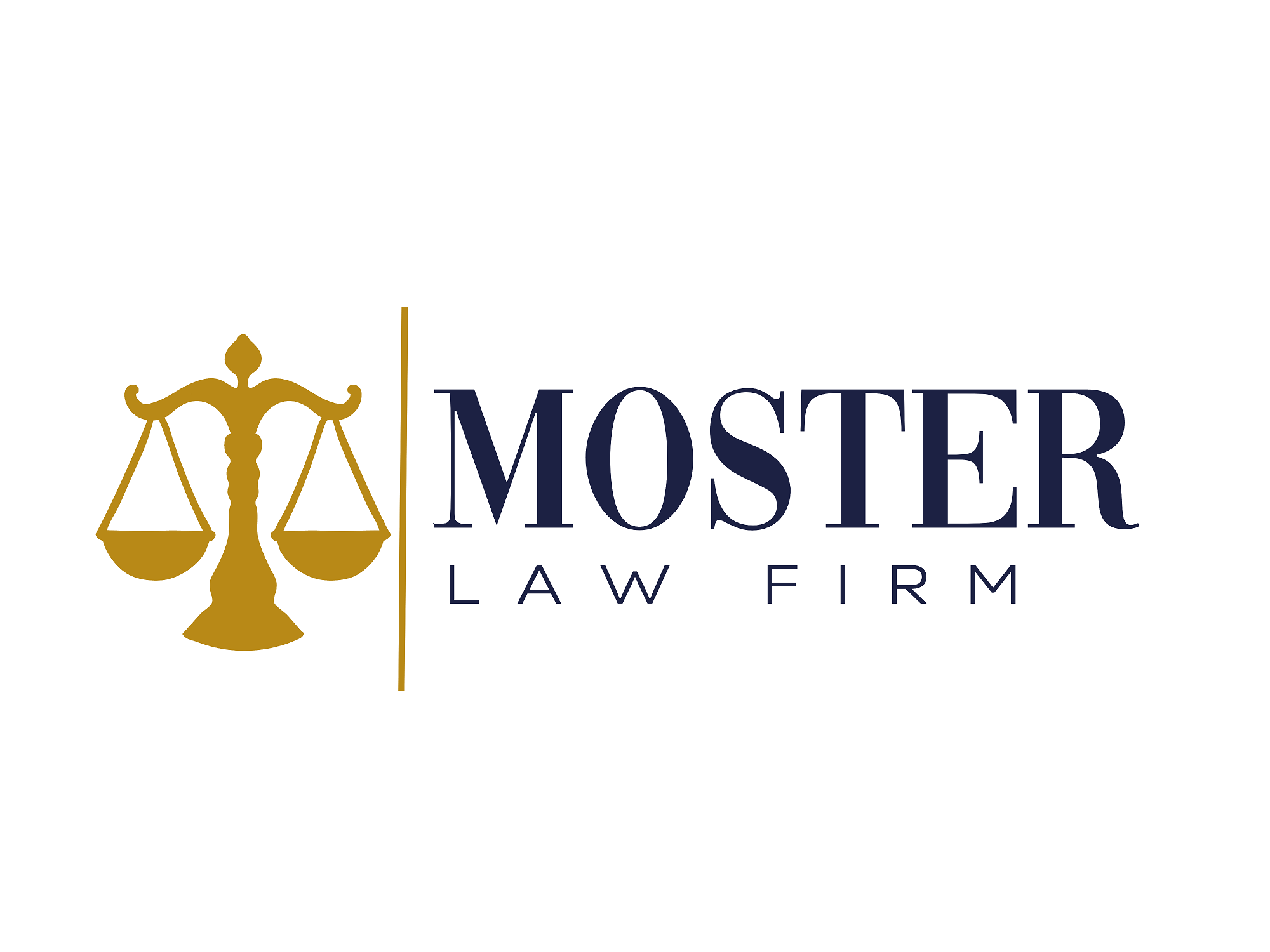Having represented clients in the area of intellectual property for many years, I am surprised how much incorrect information is out there regarding copyrights and the importance of copyright protection. Here are a few of the major misconceptions that clients often harbor:
1. If you mail yourself back a copy of your original work that counts as a proper trademark.
Wrong, wrong, wrong! Songwriters often fall into this huge trap by mailing themselves a CD of their new song and lyrics. Often referred to as the “poor man’s copyright”, this so-called method of protecting your IP is totally bogus. The only way to obtain a copyright is to register and file the original material with the U.S. Copyright office in Washington, D.C.
2. You don’t need to register a copyright because you get one automatically once the work is created.
Well, that is a true statement but the wrong move 100% of the time. The copyright laws provide that once an original work is created whether music, literature, photos, or even software, that the work is automatically copyrighted without the need to file an official application. Although this is a correct statement, the automatic copyright gives you absolutely no rights at all with the exception of being listed as the author of the work. So, in the typical example, you create a song but fail to register a copyright with the Copyright Office. The band next door steals the song and then launches it as the lead song on its new album “I Love to Steal Music”. The song is a big hit and makes millions. Result – you have no legal rights to have the song taken down or even claim the big bucks made from the unauthorized use of your song. You cannot sue for infringement. The only thing you can do is require the band to list you as the author of the song. Not a good result at all!
3. Software must be patented and cannot be copyrighted.
This is a big mistake clients often make. Although software can be patented in some instances, copyright protection is always available at a fraction of the cost. All you need is to fill out the application and pay the filing fee of $35.00. Now, a patent can cost you ten grand easy. What route would you choose?
4. If I file a copyright my software can be stolen since it becomes a public document?
This is a concern to software developers but unfounded since the copyright office allows you to redact the code which is filed. All that is required is to submit several pages of code from the beginning and end of the product. Moreover, you can redact, i.e., white out whole sections or parts of the code so it cannot be reversed engineered or replicated.
5. Trade secrets should be copyrighted.
Usually, this is a very bad idea. Trade secrets are defined as processes, systems, and formula which are not generally known in the industry and subject to efforts to protect against public disclosure. An example would be the recipe for Coca-Cola which is kept locked up in a safe in Atlanta and not known in the industry as the actual ingredients have been under lock and key for almost a century. Although the recipe could be filed as a copyright, anyone would be allowed to view it. Not a good idea.
6. If you send an infringer a “cease & desist” notice, they have to stop using your copyrighted work.
Unfortunately, that is just step one. If they refuse to stop the infringing conduct, you must enforce your legal rights in Federal Court. Your next stop will be the law office of an experienced copyright attorney.
7. Why bother with infringement because the bad guy will just get a slap on the wrist.
Not so! There are major damages available to the owner of a copyright. The easiest route is to seek statutory damages which means you are not required to prove loss of business as a result of the infringement. The court allows award in the range of $750.00 to $30,000. In cases where the infringer knowingly engaged in bad conduct, you can get an award of $150,000!

